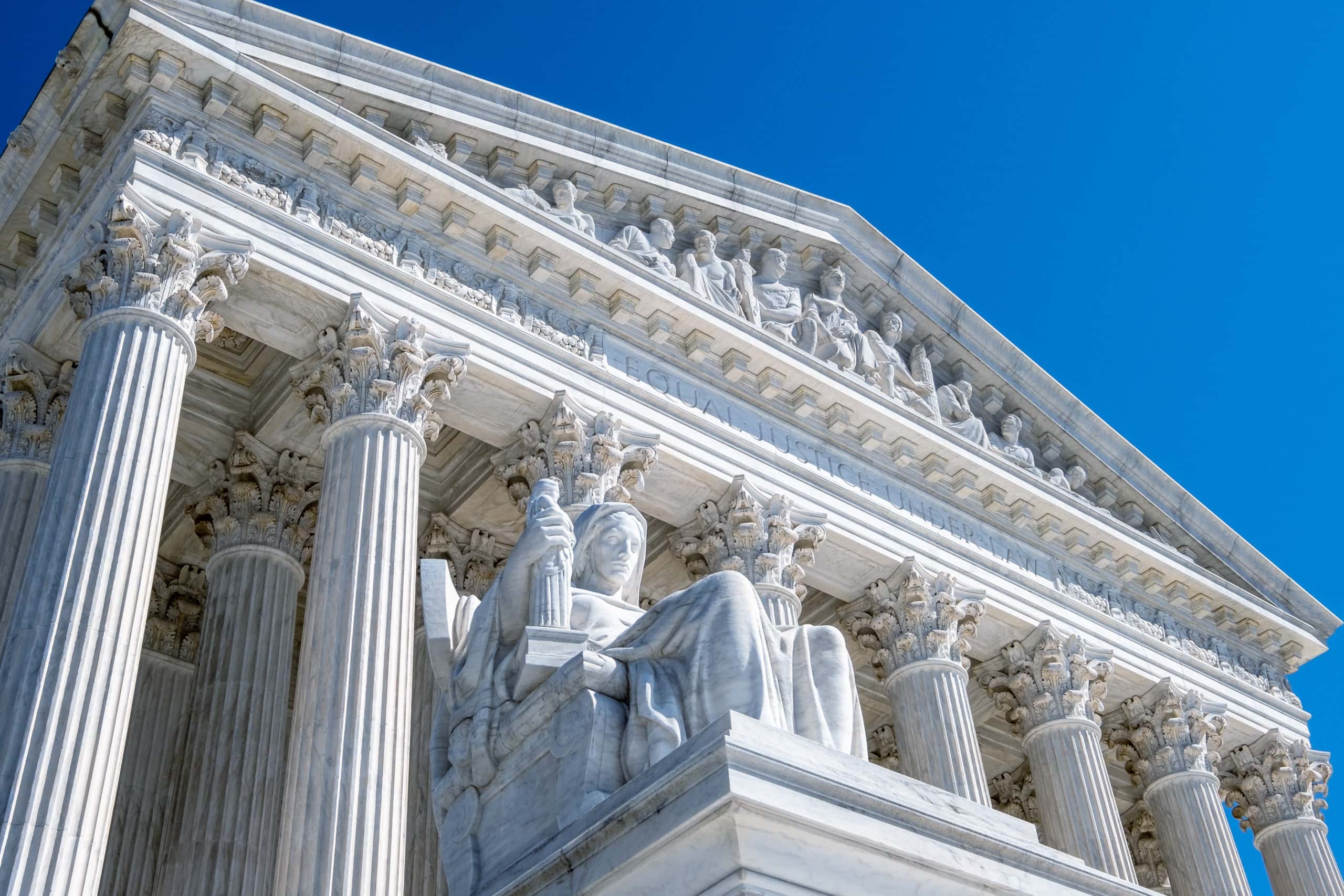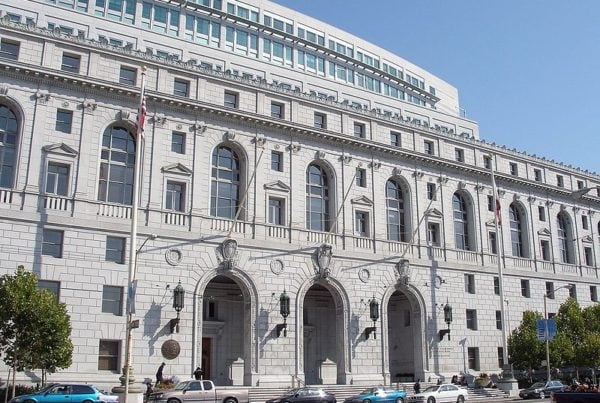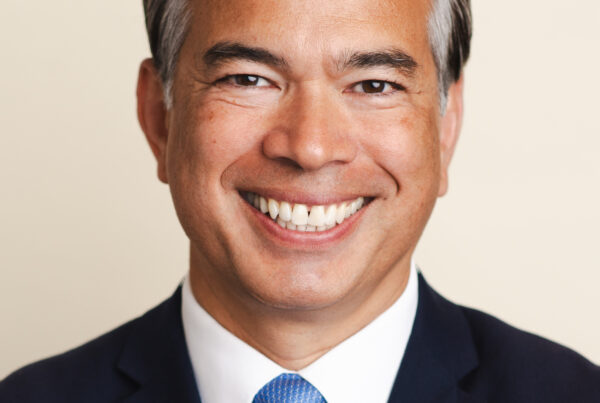California’s former labor secretary said it doesn’t work. A ballot initiative is attempting to remove it by a vote of Californians. Now, the United States Supreme Court is deciding whether to handicap the Private Attorneys General Act of 2004.
The law allows individual employees to file labor lawsuits against their employers on behalf of themselves, other employees and the state of California. Previously, the California Labor Commissioner was responsible for filing those claims.
The question in Viking River Cruises, Inc. v. Angie Moriana is whether The Federal Arbitration Act preempts PAGA. If the Supreme Court agrees it does, California businesses would have the option of keeping mandatory arbitration








